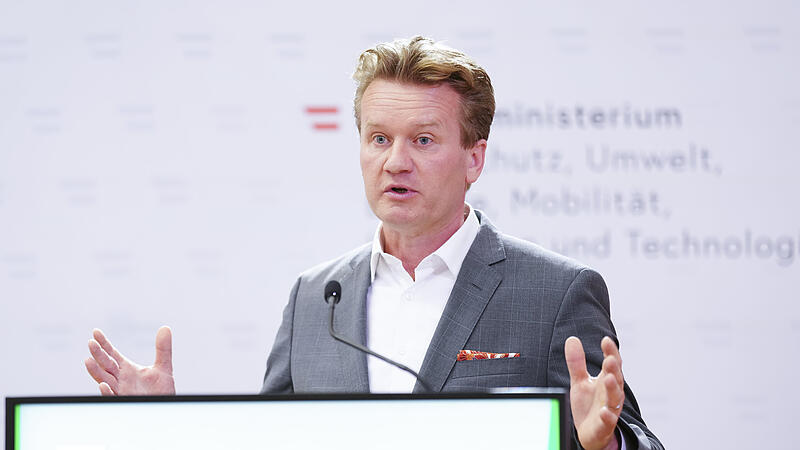Image: VOLKER WEIHBOLD

Image: APA/EVA MANHART

Image: OÖN graphics
In 2009, Austria was in ninth place in the European ranking of competitive locations of the IMD Business School, and in 2017 it was in eleventh place. And now, in 2023, Austria is in 24th place – just behind Germany.
This development prompted the Austrian Industrial Association (IV) to harshly criticize the federal government. The main reasons for the crash are the high tax and duty ratio of 43.5 percent, the infrastructure and, last but not least, the lack of efficiency of politics and the authorities. Austria is missing the most important developments. “The reform intentions are zero,” says IV President Georg Knill, annoyed about the lack of signal strength and compares the location to a smartphone: “Like a battery that has lost all of its energy, the Austrian location also lacks power.” And the network would also be weak if Austria continued to see globalization as a danger.
At Industry Day on Thursday, the IV presented its strategy “Austria as an industrial country reloaded”. Above all, it includes an operating manual for the federal government.
By 2030, the tax and duty ratio should fall below 40 percent. The IV would like to set a mandatory path for this.

Image: APA/EVA MANHART
Austria must massively reduce bureaucracy. Knill’s vice president, the head of Infineon Austria, Sabine Herlitschka, cites the supply chain law as an example, which involves enormous effort for the industry and threatens the existence of smaller companies. And the Green Deal must also be sustainable in every respect. “Infineon has only used green electricity since 2013. But we pay more for it. In the long run, sustainability must pay off in the long term.”
The third major challenge is the labor market, says Knill. The economy is gradually losing 13 percent of its workforce. Qualified immigration is important. But the talk of “Fortress Austria” doesn’t attract anyone, says the industrialist, also in the direction of the FPÖ.
Volatile capital
Knill warns of a massive outflow of capital due to the discussion about wealth taxes and diagnoses a creeping de-industrialization that will become clearly visible in five to seven years due to declining competitiveness.

Image: OÖN graphics
more from economics




